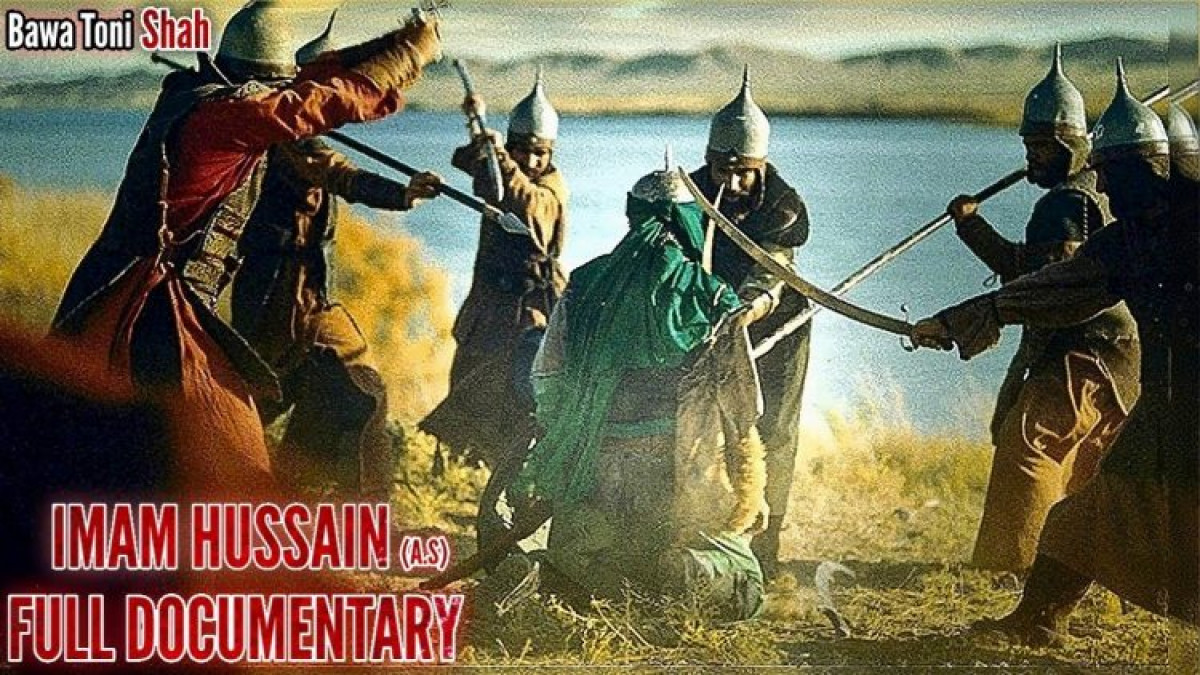 226
226
The Ashura uprising is not a transitory occurrence or action; rather, it is a never-ending stream that spans more than a millennium and continues to become more vibrant by the day and hour.
A major goal of prophethood, according to the Qur’an, is to promote justice. The Quranic scriptures and prophetic sayings were both intended to ensure that societies were well-ordered and that justice reigned supreme. To put it differently, repressive and corrupt political regimes must be toppled. One such movement was Imam Hussein’s revolt.
When any resistance to Yazid’s supposedly Islamic rule was ruthlessly crushed, Imam Husayn ibn Ali (AS) sparked the Ashura uprising, believing it was imperative to comply with God’s commands. Yazid’s lack of just and righteous governance goes back to the Middle Ages when Arab nomads lived in tribes and had to rely on those with money and power to ensure their survival. As a consequence, the most significant factors for a man to govern society at the time were power and money, and whoever possessed these two elements of the social order had the means to rule over the subjugated masses, who had no option but to submit to him. As a result, power and money became the defining factors for societies, and the affluent utilized social mechanisms such as intimidation and exploitation to satisfy their carnal desires. Oppressed people were unable to fight their oppressors under this kind of government, and this corrupt system grew to the point where society’s struggles against tyrants were considered futile and irrational, and those who joined in such conflicts were inevitably to perish. At the time of Imam Husayn’s heroic revolt, the problem of oppressing the people by controlling wealth and power had resurfaced and needed a revolutionary solution. If the Umayyad dynasty’s repressive policies continued, Islam would certainly be doomed to destruction, and Muslims would be obliged to bow to oppressors like Caliph Yazid. Imam Husayn’s Ashura uprising was a divine mandate to preserve Islam. Imam Husayn advocated the promotion of virtues and the avoidance of evil, and he believed Yazid’s oppressive government should be overthrown. “Whoever sees a deceiving ruler, but did not strive to oppose him, on the Day of Judgment would end up in the same place as that false ruler,” God’s Messenger, Prophet Mouhammad (PBUH) stated. In fact, Imam Husayn attempted to exactly follow his grandfather’s noble teachings.
In response to the Umayyads’ effort to force him to pledge loyalty to Yazid, Imam Husayn replied: “I will not taint my honour with the disgrace of pledging allegiance to a tyrant. I view death as a pleasure, and I do see life with oppressors as a disgrace,” Imam Husayn said, defiant and steadfast until his last breath.
According to this logic, a person who opposes tyranny does not seek power, but rather believes that it is desirable if he establishes a government based on the Qur’an and the Prophet’s teachings, but that if he is unable to do so and oppressors retain power, he has fulfilled his duty by rejecting tyranny. In the desert of Karbala, Imam Husayn and his devoted companions sacrificed their lives for the greater cause. This momentous tragedy served as a lesson to all of mankind, demonstrating that tyranny and injustice should never be tolerated. Imam Hussein’s uprising stands as an eternal example for all ethnic and religious communities all over the world to resist authoritarian governments and oppressors. The United States’ leadership is today’s most obvious manifestation of an arrogant, corrupt, and repressive government. Throughout history, the US elites have used their fallacious reasoning vis-à-vis independent nations, like Iran. In reality, Americans have employed whatever means necessary to achieve their nefarious objectives, and, as a consequence, they have perpetrated heinous crimes against humanity all over the world.
The Iranian Islamic Revolution’s struggle against tyranny and arrogance followed the pattern of the
Ashura revolt, spawning a worldwide movement of resistance and defiance against global oppressors in four corners of the globe. The collapse of the US military, economic, and political hegemony in Iran and the Middle East was an outstanding accomplishment of the Islamic Revolution’s anti-tyranny doctrine. Many countries have drawn inspiration from the Iranian Islamic Revolution to oppose the pressure of US-led global imperialism.
Comment
Post a comment for this article